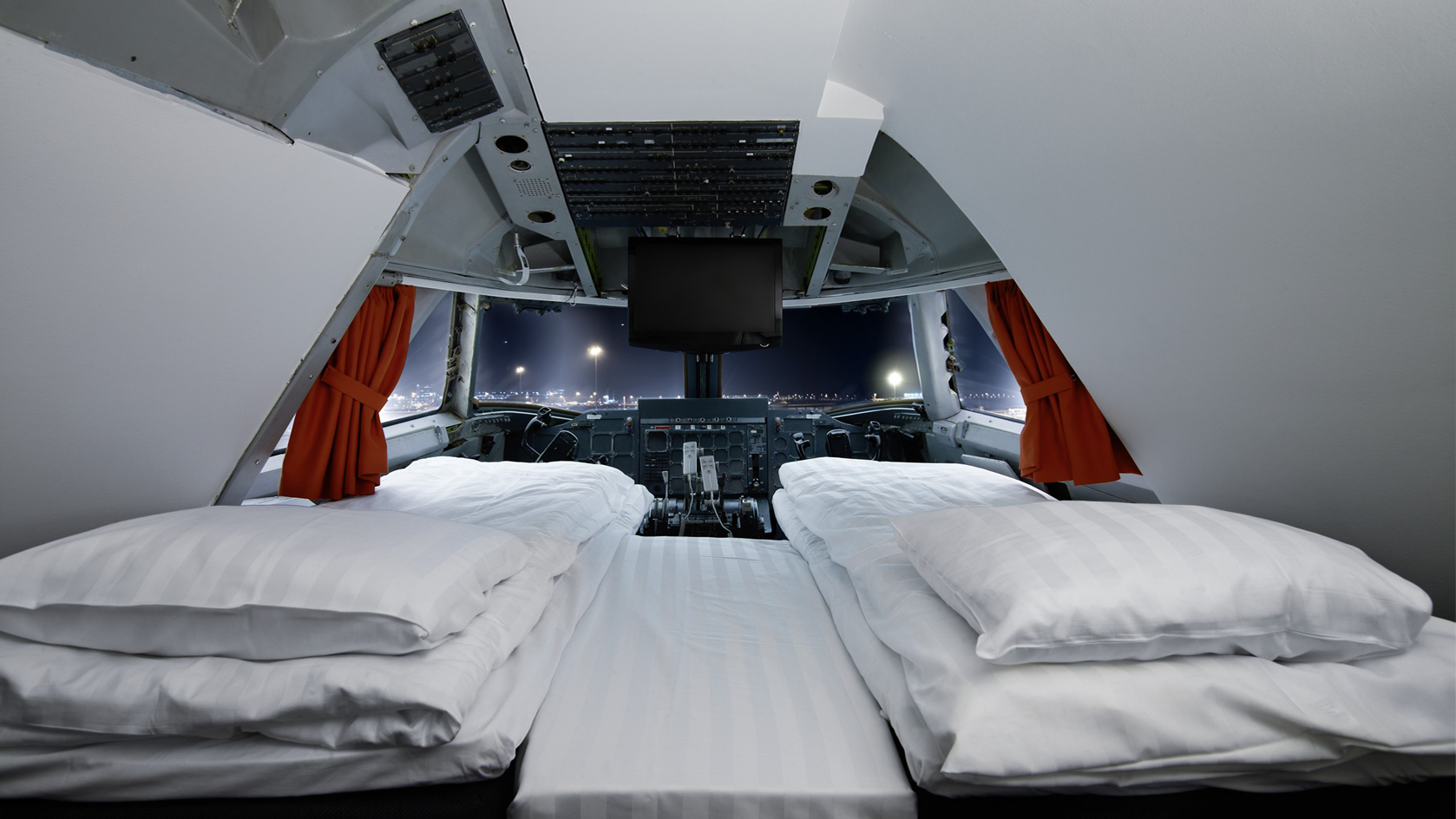Is the stage set for airline pricing at the theatre?

Imagine paying £300 for a theatre ticket, only to find there’s more to pay if you want to skip the queue or enjoy a VIP lounge. Welcome to the new era of “dynamic extras” in London, where theatres are borrowing a page from the airline industry’s playbook and introducing à la carte pricing for add-ons.
The Airline Pricing Model—Now in Theatres
Airlines have long used “unbundling”—charging separately for checked bags, seat selection, and early boarding—to boost revenue and let customers tailor their experience. Now, major theatre operators like ATG (Ambassador Theatre Group) are applying similar tactics.
- Priority Queueing: For £5, you can skip the line at venues like the Harold Pinter Theatre or the Grand Opera House in York.
- VIP Experiences: From £20 to £60, lounges offer drinks, snacks, ice cream, and exclusive spaces—mirroring airline lounges.
- Souvenirs & Perks: At Moulin Rouge, a £15 “show souvenir cup” package adds popcorn and a soft drink.
- Fast-Track Bars: For £10, guests can access an uncrowded bar with 2-for-1 cocktails and a complimentary programme.
Why Are Theatres Doing This?
- Revenue Diversification: Just as airlines supplement ticket sales with extras, theatres can increase revenue per visitor.
- Customer Segmentation: Not everyone wants the same experience. Optional extras let customers customize their night out.
- Convenience & Luxury: For some, paying more for less hassle is worth it — think of business travellers paying for lounge access.
Where Else Could This Pricing Work?
This “unbundled” approach is spreading beyond airlines and theatres:
- Sports Events: Priority entry, exclusive lounges, and premium merchandise bundles.
- Theme Parks: Fast-track passes, VIP tours, and exclusive dining packages.
- Concerts: Early access, meet-and-greet upgrades, and premium seating.
- Museums: Skip-the-line tickets, private tours, and members-only events.
The Backlash: Is It Fair?
While some welcome the choice, others argue it makes entertainment less accessible. With 57% of surveyed Brits citing cost as a barrier to attending theatre, critics warn that “extras” could alienate regular fans and widen the gap between those who can and can’t afford premium experiences.
Key Takeaways for Business Students
- Pricing Strategy: Unbundling allows businesses to capture more value from customers willing to pay for convenience or luxury.
- Ethical Considerations: How far should businesses go before pricing becomes exclusionary?
- Customer Experience: Optional extras can enhance or detract from the core offering—finding the right balance is crucial.
Conclusion
Theatre’s adoption of airline-style pricing is a fascinating case study in revenue management and customer segmentation. Whether it enhances or erodes the magic of a night out depends on how it’s managed—and how customers respond.











